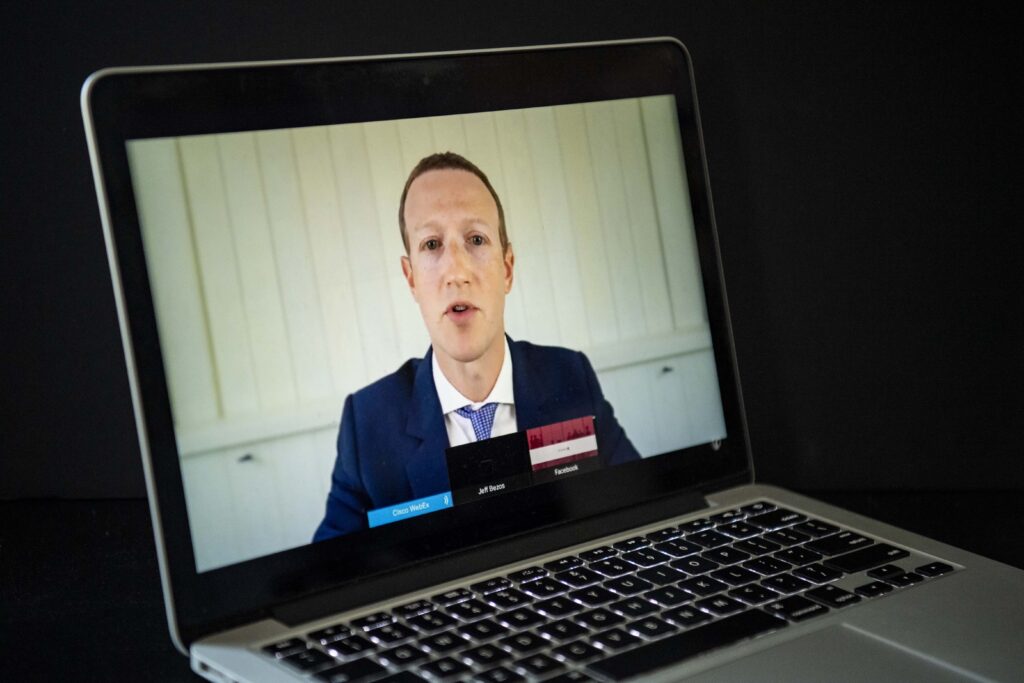Meta is testing a new product that would give Facebook users a personalized daily briefing powered by the company’s generative artificial intelligence technology, according to records viewed by The Washington Post.
The effort, dubbed Project Luna internally, would analyze Facebook content and external sources to push custom updates to its users. The system is designed to compete with ChatGPT’s Pulse, a daily research summary for paid subscribers based on their chat history, feedback and calendar.
The company plans to test the product with a small group of Facebook users in select cities such as New York and San Francisco, according to a person familiar with the project who spoke on the condition of anonymity to discuss private company matters. Meta declined to comment.
The morning brief is Meta’s latest attempt to embed AI into its products, making the technology a daily habit for users to better compete with leading AI chatbots, such as OpenAI’s ChatGPT and Google’s Gemini.
In September, ChatGPT released a preview of Pulse to its pro users on mobile, offering personalized updates to topics they often discuss like the next steps they should take to train for a triathlon, according to the company. If users sync their calendars to the product, they might receive a sample meeting agenda or reminder to buy a birthday gift, the company said.
Fidji Simo, OpenAI’s CEO of Applications, told the tech news outlet Wired earlier this week that the company is not yet able to make the product available to everyone because of constraints it faces in access to computing power.
Meta’s foray into pushing updates to consumers follows years of controversy over its relationship with publishers. The tech company has waffled between prominently featuring content from mainstream news sources on Facebook to pulling news links altogether as regulators pushed the tech giant to pay publishers for content on its platforms. More recently, publishers have sued the tech giant, alleging it infringed on their copyrighted works to train its AI models.
Meta’s AI division has experienced a wave of personnel changes. Earlier this week, Meta chief AI scientist Yann LeCun announced his plans to exit and launch his own AI start-up. Last month, Meta cut roughly 600 positions as part of a wider reorganization of the division. Meta chief AI officer Alexandr Wang, who was poached earlier this year from the start-up Scale AI, informed employees that the cuts were designed to reduce the size of the team and quicken decision-making so that the AI team can have more impact.
The tech giant is also on a spending spree for computing resources that power the AI boom. Meta said last month its AI spending would be at the high end of its previous estimate of $66 billion to $72 billion and “notably larger” next year. Meta CEO Mark Zuckerberg told investors during an earnings call that the company’s drive to build “superintelligence” — a term for machines hoped to one day outperform humans in every way — makes the risk of overinvestment worthwhile.
“Some people think that we’ll get there in a few years. Others think it will be five, seven years or longer,” Zuckerberg said. “I think it’s the right strategy to aggressively front-load building capacity so that way we’re prepared for the most optimistic cases.”
The post Meta is building an AI-powered morning brief in push to compete with ChatGPT appeared first on Washington Post.




